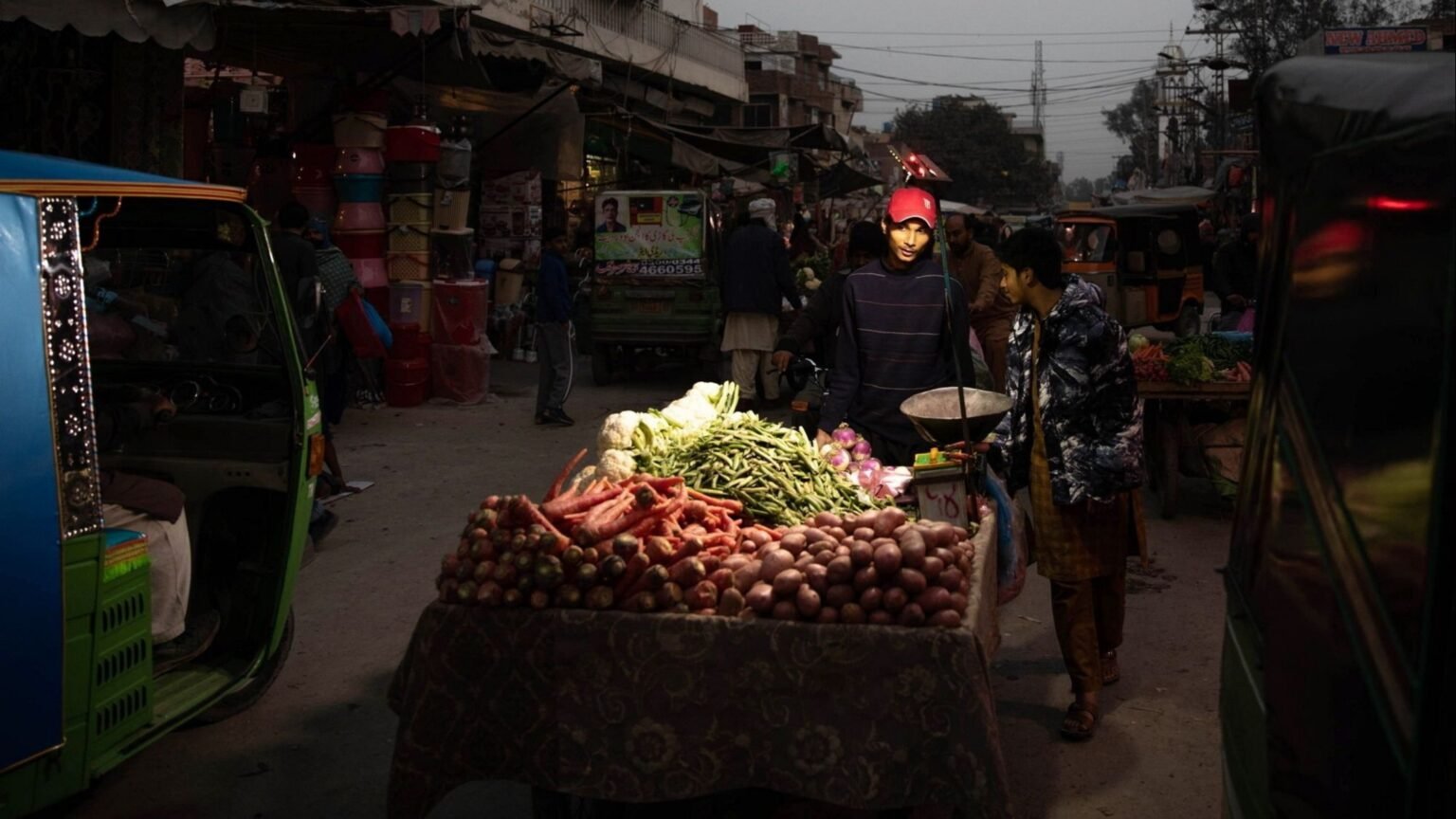The Pakistani rupee’s 14 per cent precipitous fall since last Thursday has raised fears that Pakistan may be the next emerging market to default. The currency hit this all-time low after authorities abandoned controls on its exchange rate, in an attempt to secure the conditions for an IMF bailout. An IMF mission arrives from today.
The ominous Power Outages
Earlier this month, a nationwide power outage in Pakistan left nearly 220mn people without electricity. Successive days without regular electricity threatened to cause havoc in a country on the brink of default, with inflation at a high of 25 per cent.
While some have made the questionable claim that the reasons for the power breakdown may have been technical, Pakistan could soon run out of the fuel that powers its electricity plants. The state raised gasoline prices by about 16 per cent on Sunday. The country has been struggling to pay for oil imports and to meet energy demand, as its foreign exchange reserves have dwindled to just $3.7bn, equivalent to barely three weeks of imports.
Default is obvious without an IMF Bailout
Former prime minister Shahid Khaqan Abbasi, a senior leader of the ruling coalition, has warned that Pakistan will have to default if it does not resume its adherence to the IMF programme that called for containing current spending and mobilising tax revenues.
Pakistan grew its electricity generation capacity through the China-Pakistan Economic Corridor programme that began in 2015 but the expansion came at a cost, both in terms of high returns guaranteed to Chinese independent power producers (IPPs) and expensive foreign currency debt.
Pakistan has been unable to make capacity payments to the IPPs under its long-term power purchase agreements. The country’s electricity sector debt has risen to approximately $9bn.
Bilateral Power Purchase Agreement & Multilateral Lender
China is Pakistan’s largest bilateral creditor with about $30bn in total debt, which represents around 30 per cent of the developing country’s total external official debt. In addition, Pakistan owes $1.1bn to Chinese IPPs for electricity purchases. Last December, the Pakistani government agreed to repay this debt in instalments. But this is likely to have displeased the IMF, which in August 2022 expected the government to renegotiate its power purchase agreements. Pakistan tried to renegotiate but China refused.
Pakistan is squeezed between IMF demands and Chinese interests. Rescheduling debts will provide some relief, but who will bite the bullet first? China or the international financial institutions that are owed $41bn?
If Pakistan doesn’t reach an agreement with the IMF within the next few weeks, its reserves could fall to a point where it can no longer buy oil.
ten Billion Dollars at most to stay afloat
Pakistan’s central bank governor admitted last week that the country needed $3bn to meet its external debt obligations and approximately another $5bn to meet its current account deficit. In total, somewhere between $9bn and $10bn will help stabilize the rupee.
The IMF program has essentially been in suspension since last November, mainly because of finance minister Ishaq Dar’s reported refusal to meet the organization’s demands that Pakistan stick to a market-determined exchange rate and take measures to reduce its growing fiscal deficit.
But a few days ago, the government finally agreed to accept the demands, and wrote to the IMF, asking it to send a mission.
A serious Bailout is the Deal
Even if the IMF bails out , the next tranche of about $1.1bn may not be sufficient in shoring up Pakistan’s forex. The Saudi Fund for Development recently agreed to fund $1bn worth of oil imports on deferred payment. It is also not enough to finance even one month of Pakistan’s oil needs.
Only an immediate and large bailout can save Pakistan from default. Otherwise, the country may suffer the same fate as Sri Lanka last year.
Courtesy: This opinion Article written by Yousaf Nazar is originally published by the Financial Times


